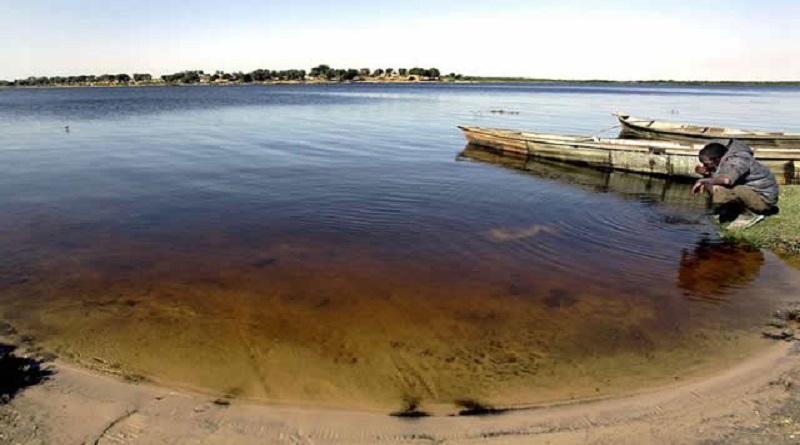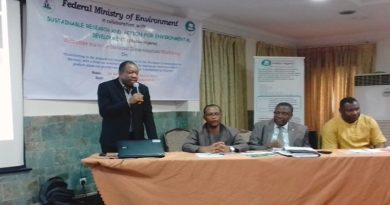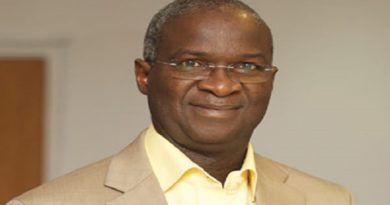How to save Lake Chad from extinction – Expert
An expert, Prof. Haruna Ayuba, has proposed evaporation suppression as an alternative technique of restoring Lake Chad to save it from extinction.
Ayuba, an environmental scientist at the Nasarawa State University, Keffi (NSUK), made the proposal in an interview with News Agency of Nigeria (NAN) in Abuja on Tuesday.
He said that water transfer was the first option in restoring the lake, adding that this would require the movement of water from another river.
‘‘Suppressing evaporation can also help in the restoration of Lake Chad. We live in the tropics and we receive much water from rainfall.
‘‘The water disappears through evaporation; we can suppress the evaporation which is the amount of moisture that goes up into the atmosphere.
‘‘Part of the reasons for the drying up of Lake Chad is the high rate of evaporation of water,” he opined.
The don said that there was need to create more awareness through stakeholders on how to devise measures to save the shrinking of the lake.
‘‘Climate change is a developmental issue, every hand must be on deck.
‘‘We need to build capacity, tell people the signs of climate change, because some people don’t understand that.
‘‘We need all the experts, stakeholders to develop a policy framework that people need to follow,’’ he said.
Similarly, he said that science and technology, if properly utilised by indigenous scientists, could ameliorate the challenges of restoring the lake.
According to him, development of science and technology in the country is still laid-back, adding that there is lack of a strategic plan to build the sector.
He decried lack of equipment in tertiary institutions for the study of science-related courses, adding that it remained the bedrock of technology development.
Ayuba noted that polytechnics in the country, which were established to drive the technology sector, had been allegedly disregarded.
‘‘We have also killed our polytechnics; the polytechnics are supposed to help in building the technical manpower in the country.
‘‘Now, the emphasis is on paper qualification, even those who graduate from polytechnics are coming to take degrees all over again,” he said.
He stressed the need for the nation to lay serious emphasis on practical application of acquired knowledge as against the present craze for paper qualifications.
Lake Chad Basin’s 25,000 square kilometres size in the 1960s had shrunk to 2,500 square kilometres in 2000.
By Ijeoma Ndubisi




